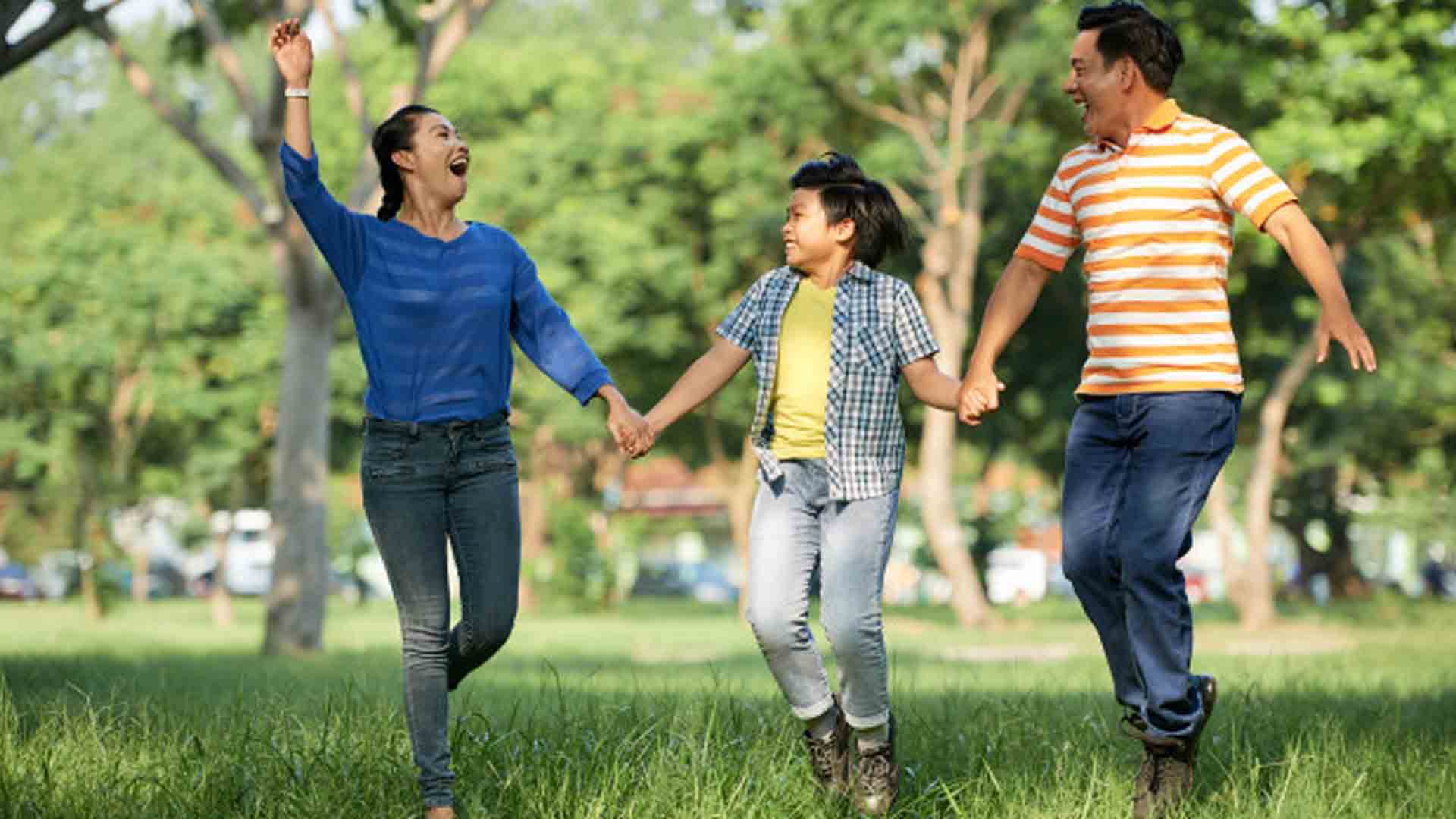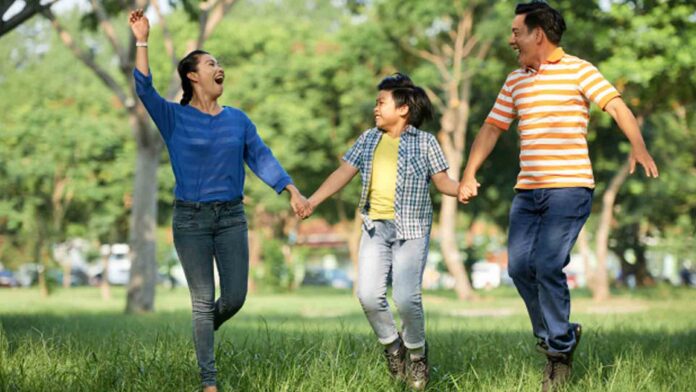In Asia-Pacific, children and youth are calling on their leaders to step up actions to tackle the climate crisis, including the strengthening of policies and plans to mitigate disaster risks and promote resilience.
The appeal is part of a report called, “Guardians of the Planet”, released by five leading international aid agencies. This comes at a time when the world is grappling with the socio-economic impact of COVID-19. The report seeks to inform child-friendly recovery programming. It urges for children’s voices to be heard, especially on their vulnerabilities to climate change and disasters which prevent them from exercising their rights .
According to the report that surveyed nearly 10,000 children and youths, across 12 countries in the Asia Pacific region, almost every child in disaster-prone areas has experienced climate-related disaster risks in the past 12 months. In Asia-Pacific, extreme weather events, such as floods, are linked to population displacement . Trends also point to the growing frequency, intensity and complexity of disasters .
The report’s key findings are:
• Seventy-Seven per cent of children and youths noticed an increase in climate-related disasters locally in the last two years and identified a decrease in economic opportunities as a consequence of climate change.
• Formal education is a primary way for children and youths to learn about climate crisis and DRR, followed by news and social media.
• Children and youths had identified themselves as the most vulnerable group during disasters, followed by the elderly, those with disabilities and pregnant women.
Some of the key recommendations include strengthening the educational curriculum towards resilience building, conducting inclusive DRR activities, conserving the environment by planting more trees and saying no to plastics, and mitigating greenhouse gases.
“We can definitely stop climate change. There is nothing which youths cannot achieve. The local government should initiate efforts to manage industrial waste, conserve existing forests and prioritise trees plantation in the barren lands. The industries contributing to air pollution should not be allowed. There is a need for effective implementation of laws and policies that are already in place,” said 18-year-old Rajo.
The report calls on national governments, regional bodies and other stakeholders to keep children and youths at the heart of all Disaster Risk Reduction and Climate Change Adaptation policies. The protection of children and youths, especially girls, before, during and after disasters and emergencies should be prioritised. These younger generations should also be involved in policy-making at local, national and regional levels.
“Asia-Pacific is witnessing the devastating toll of COVID-19 on vulnerable communities and children. We need to also listen to children and youths who are experiencing the impact of climate change first hand. Children want to be heard. Together with them and our partners, we are working to ensure a green and resilient approach for a sustainable future, in tandem with COVID-19 recovery measures,” says Meimei Leung, Regional Humanitarian Emergency Affairs Director, Asia-Pacific, World Vision International.








